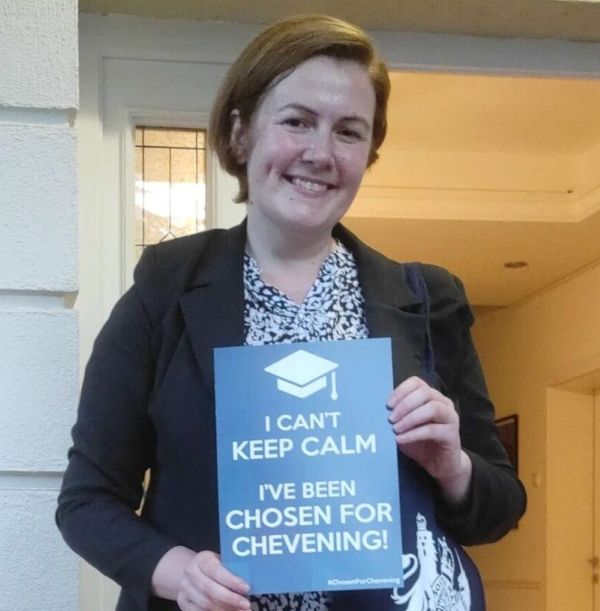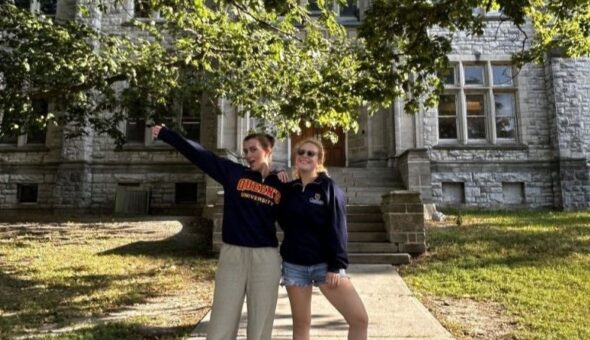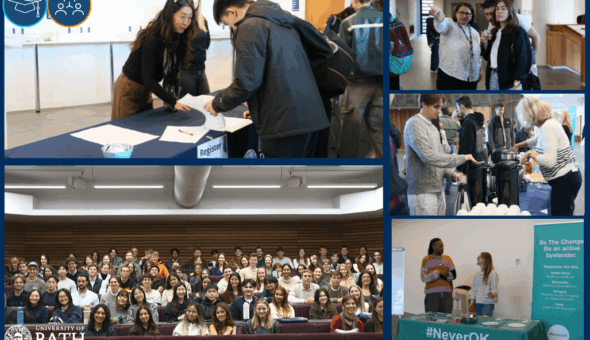Written by Chevening Scholar Olivera Aritonoska
For much of my professional life in North Macedonia, I believed it was enough to keep going, surviving the 9-to-5 rhythm, reading widely, and doing my best to patch gaps in systems that were never designed with vulnerable communities in mind. But over time I felt a pull: the sense that real change required something more, space to reflect, freedom to act, and peers who shared the same determination to imagine alternatives. That is where the Chevening opportunity met me.
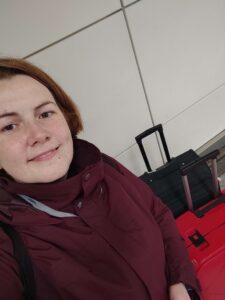
I applied to Chevening in one sitting, words flowing from years of grassroots experience and conviction. From 107,000 applicants worldwide, I was honoured to be selected among 1,364 scholars. For me, there was no doubt where I wanted to be: the University of Bath. Having studied in the UK two decades earlier, I already knew the value of its education system. And having first encountered Bath on an excursion as a young student, it felt almost poetic to return to the city that had left such a lasting impression.
From the very first webinar with Dr Mathilde Maîtrot and Prof Jason Hart, and with the steady support of my academic advisor, Dr Mihika Chatterjee, I felt I belonged. The MSc in International Development became the place where years of professional practice were challenged, expanded, and given new intellectual grounding.
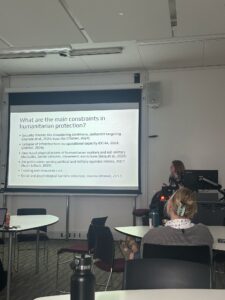 My research on Universal Basic Income, guided with patience, encouragement, and support by Dr Neil Howard and Dr Joe Chrisp, and carried out in collaboration with the Basic Income Earth Network, allowed me to explore questions of distributive justice and policy design that resonate deeply with my own country’s struggles with unemployment, inequality, and social protection.
My research on Universal Basic Income, guided with patience, encouragement, and support by Dr Neil Howard and Dr Joe Chrisp, and carried out in collaboration with the Basic Income Earth Network, allowed me to explore questions of distributive justice and policy design that resonate deeply with my own country’s struggles with unemployment, inequality, and social protection.
But Bath was never only about academics. In my classroom alone, I learned alongside peers from Yemen and Zambia (also Chevening Scholars), China, Colombia, Cyprus, England, France, India, Ireland, Nigeria, Pakistan, Palestine, Portugal, Taiwan, Thailand, Tonga, Zimbabwe, and beyond, a miniature world where differences became friendships.
Beyond class, I joined the One Young World Forum Organising Committee, worked as a Student Ambassador, and supported major events from Open Days to the Development Studies Association Conference. Each role reinforced the sense that education here is not only about knowledge, but about community, collaboration, and service.
As a mature student, I threw myself into every opportunity. Volunteering, auditing sustainability practices (Green Impact Team), engaging in high-level discussions on policy and justice, I felt the same excitement as when I first studied in the UK 20 years ago. Yet this time, I also felt clarity: the University of Bath gave me the tools to ask not only “what works?” but also “for whom, why, and under what conditions?”
Outside the  university campus, Bath itself offered the same charm that captivated Jane Austen centuries ago. Green, safe, intellectually alive, yet human in scale, it has been both a second home and a source of inspiration.
university campus, Bath itself offered the same charm that captivated Jane Austen centuries ago. Green, safe, intellectually alive, yet human in scale, it has been both a second home and a source of inspiration.
As we mark the 250th anniversary of Jane Austen’s birth, her words capture my own feelings perfectly: “Oh! Who can ever be tired of Bath?”
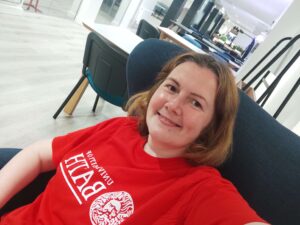
Respond
